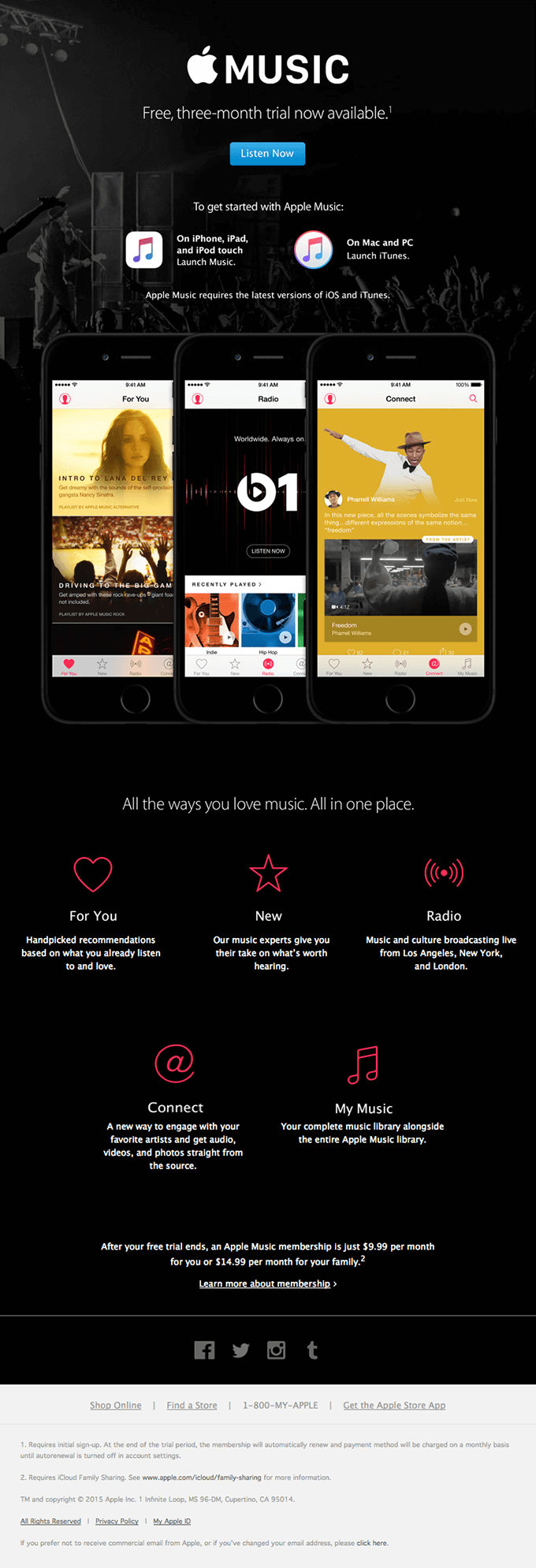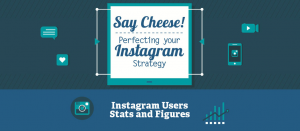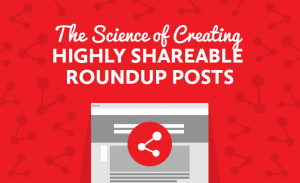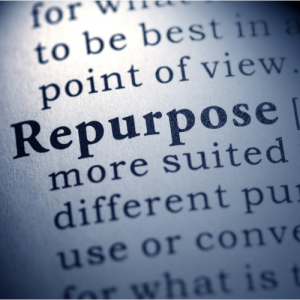— August 6, 2019

rawpixel / Pixabay
Millennials are growing up.
The generation born between 1981 and 1996 are now aged between 23 and 38. They’re starting families and moving forward in their careers.
The next generation along is Gen Z. Born from 1997 onward, they range from kids still in elementary school up to college students and young adults starting careers.
Table of Contents
- Millennials vs. Gen Z: How are they different?
- Challenges marketers face with both generations
- Will they still use email?
- Email marketing best practices for Millenials and Gen Z
- A few final words
Millennials vs. Gen Z: How are they different?
Millennials also came of age during the rapid rise of the internet. Older millennials will still remember dial up and ethernet cables; younger ones will remember the launch of the iPhone in 2007.
On the other hand, Gen Z have a very different context. They grew up with the internet from their earliest years: they’re true digital natives, taking smartphones, WiFi, and constant connectivity for granted.
What does all of this mean for you, as an email marketer?
Gen Z are mostly in their teens. They’re hugely tech savvy, and they’re used to filtering lots of information and narrowing it down. They’re more likely than Millennials to buy from their mobiles, and they’re also even more interested than Millennials in entrepreneurship (where they’re inspired both by extrinsic and intrinsic motivation).
Gen Z is also the most diverse generation ever. Socially, there are some striking differences: Gen Z are more risk-averse than Millennials: less likely to try alcohol and more likely to wear a seatbelt.
Gen Z are online a lot. 45% say they’re online “almost constantly”, with 44% saying they’re online multiple times per day. The majority check their email multiple times per day, too.
In terms of purchasing:
- Millennials tend to value experiences over material things – with brands increasingly turning to special events like meetups or Amazon’s treasure truck.
- Millennials aren’t particularly brand-loyal. They’ll happily try new, innovative brands.
- Millennials trust endorsements from their peers.
- Gen Z are more engaged with mobile devices and social media than millennials, and even less likely to see online advertising.
- Gen Z are increasingly using Tumblr, Snapchat and Twitter, with Facebook and Reddit in decline with this generation.
- Gen Z are more likely to make impulse purchases – and in-store experiences are still important to them.
- Gen Z aren’t so concerned about healthy eating, or organic produce, as Millennials: they’re more likely to focus on value.
- Both generations use email more than you might expect: in fact, many members of Gen Z predict that their use of email will increase in the future.
- Both generations love to share content online.
- Many of Gen Z aren’t yet in the workforce – so it’s likely to be their parents making the purchasing decisions. Keep that in mind with your communications.
Challenges marketers face with both generations
Of course, Millennials and Gen Z are hardly different species. Whichever of these generations you’re marketing to, you’re likely to face some common challenges:
They use Adblocker. Your customers may never see your online ads because they’re blocking them. This is even more common with millennials than Gen Z … though Gen Z are more aware of ad blocking options on mobile.
They hate clickbait. Millennials and Gen Z are quick to catch on to spammy techniques, and neither generation will be impressed by clickbaity headlines.
They know their Inbox space is theirs and theirs alone. Both Gen Z and Millennials will be quick to hit “unsubscribe” if they’re feeling spammed. Give them the option to select how often they want to hear from you.
They’re focused on mobile-friendly and convenient options. If your site doesn’t load well on mobile, you won’t make many sales.
They value their privacy. Both millennials and Gen Z will be put off if you ask for unnecessary personal information (e.g. to sign up for your email newsletter). Gen Z members are particularly cagey about giving out personal information.

Will they still use email?
In a word … yes. Email is still hugely popular, and it’s not showing any signs of going away just yet. In fact, for both millennials and Gen Z, it remains the preferred channel for marketing communications.
Despite a lot of scare stories about “the end of email”, 85% of Gen Z prefer using email over other communication channels – and this is only likely to increase as more of them enter the workforce. Many check their email multiple times a day.
Social media is hugely important, of course, with both millennials and Gen Z, but email isn’t going away anytime soon.
This is great news, because email has significant advantages over other channels for marketing communications. It allows the easy personalization of messages at a mass scale, plus it gives you the ability to reach the right person at the right time with the right message (with the option to segment email lists based on customer behavior).
Emails are also more lasting than other marketing communications: you can go back to an email time and time again, but push notifications and social ads vanish quickly, or at the very least, are tricky to find again.
Emails can be any length you want, and you can include as many (or as few!) images as you want: your marketing messages aren’t limited by the format in the way that they are on social networks.
Email marketing best practices for Millenials and Gen Z
Whether you’re marketing to millennials or Gen Z, aim to:
Emphasize your company’s environmental or ethical credentials. Both generations place huge importance on the environment – with Gen Z being, if anything, even more engaged than millennials about climate change.
Don’t ask them to share a lot of personal information. While millennials are generally relaxed about this, Gen Z is likely to be more reserved and cautious.
Be sincere and direct. Gen Z, in particular, will appreciate this. They don’t like being talked down to and they don’t like to feel sold to in a pushy way.
Don’t push a loyalty program. While this could work well with Generation X, Millennials and Gen Z don’t tend to be particularly brand loyal … and they may be put off by the implication that you’re taking their loyalty for granted.
Offer social proof. This is great for millennials, but even more important for Gen Z, who are most likely to trust reviews from peers. You could include screenshots of Facebook reviews in your emails, for instance.
A few final words
While there are some differences between millennials and Gen Z, the key to marketing to both generations is to be open, honest, and ethical.
Don’t talk down to them or patronize them … and make sure it’s as easy and convenient for them to buy as possible.
Digital & Social Articles on Business 2 Community
(119)
Report Post









